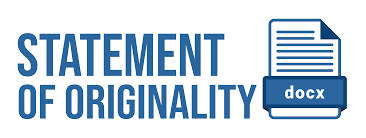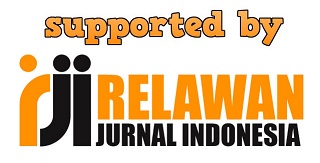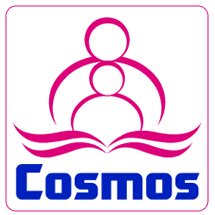EFFECTIVE COLLABORATIVE WRITING WITH GOOGLE DOCS IN EFL CLASSES
DOI:
https://doi.org/10.32520/eji.v7i2.2357Keywords:
Google Docs, Collaborative Writing, Effective, EFL Classes.Abstract
Collaborative learning is one of the important for students to learn together and share knowledge in writing class. Also, the learning process is carried out in blended learning which technology becomes a tool to support running the learning process in the classroom. However, in EFL classes, most of the students find it difficult in writing a paper effectively. Google Docs is one of the learning platforms that can help students to collaborate in small groups to be more effective that involve all members actively doing discussions. This study aims to describe how Google Docs is an effective learning tool for students in doing collaborative writing in EFL classes. This study uses a Qualitative method using interview sessions with senior high school students. Most students find it helpful in doing collaborative writing in the classroom. This study gives a positive contribution to the teacher as innovative teaching methods.
References
Davie, N., & Hilber, T. (2015). Mobile-assisted language learning: Student attitudes to using smartphones to learn English vocabulary. Proceedings of the 11th International Conference on Mobile Learning 2015, ML 2015, 70–78.
Firth, M., & Mesureur, G. (2010). Innovative uses for Google Docs in a university language program. The JALT CALL Journal, 6(1), 3–16. https://doi.org/10.29140/jaltcall.v6n1.88
Laal, M., & Ghodsi, S. M. (2012). Benefits of collaborative learning. Procedia - Social and Behavioral Sciences, 31(2011), 486–490. https://doi.org/10.1016/j.sbspro.2011.12.091
Naaj, M. A., Nachouki, M., & Ankit, A. (2012). Evaluating student satisfaction with blended learning in a gender-segregated environment. Journal of Information Technology Education:Research, 11(1), 185–200. https://doi.org/10.28945/1692
Prayoga, H., Padmadewi, N. N., & Agustini, D. A. E. (2020). An analysis of the implementation of learning and innovation skills in 21st century education in teaching English as foreign language in Sma Negeri 2 Singaraja. Jurnal Pendidikan Bahasa Inggris Undiksha, 8(2), 42. https://doi.org/10.23887/jpbi.v8i2.28652
Raja, R., & Nagasubramani, P. C. (2018). Impact of modern technology in education. Journal of Applied and Advanced Research, S33–S35. https://doi.org/10.21839/jaar.2018.v3is1.165
Silva, E. (2009). Measuring skills for 21st century learning. 90(9), 22–25.
Suwantarathip, O., & Wichadee, S. (2014). The effects of collaborative writing activity using Google docs on students’ writing abilities. Turkish Online Journal of Educational Technology, 13(2), 148–156.
Viberg, O., & Grönlund, Å. (2012). Mobile assisted language learning: A literature review. CEUR Workshop Proceedings, 955, 9–16.
Woodrich, M., & Fan, Y. (2017). Google docs as a tool for collaborative writing in the middle school classroom. Journal of Information Technology Education: Research, 16(1), 391–410. https://doi.org/10.28945/3870
Zhou, W., Simpson, E., & Domizi, D. P. (2012). Google Docs in an out-of-class collaborative writing activity. International Journal of Teaching and Learning in Higher Education, 24(3), 359–375. http://www.isetl.org/ijtlhe/
Downloads
Published
Issue
Section
License
Copyright (c) 2023 Putu Sri Suci Ningsih

This work is licensed under a Creative Commons Attribution 4.0 International License.




















